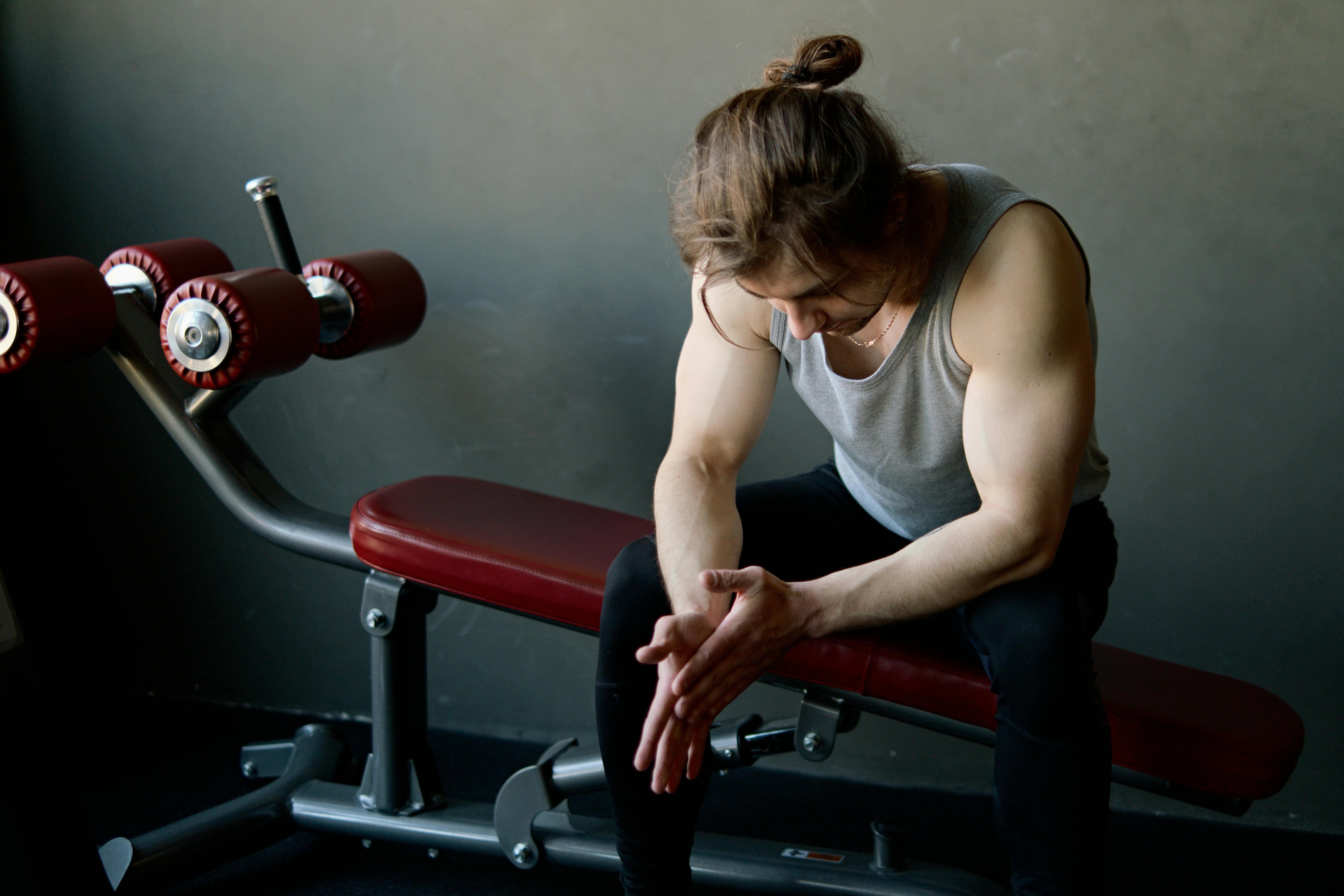Water is an essential component of the human body and is critical for successful weight loss and exercise. However, many people don’t understand the importance of staying well hydrated and what it takes to stay that way.
Water is important because it regulates our temperature, cushions and protects our vital organs, aids digestion, transports nutrients to working muscles and organs, helps eliminate waste, and can help keep us from overeating.
Water loss:
By doing all of these things, water is used up or expelled from our bodies, meaning it needs to be continually replaced.
When our body temperature rises, during exercise for example, we lose greater amounts of water through sweat. In an hour of intense exercise, our body can lose up to a liter or more of water.
When we fail to replenish lost water and our body cannot cool down properly, we enter a state of dehydration.
Sometimes we can confuse mild states of dehydration with hunger.
When we don’t drink enough fluids, our body gives us signals that resemble hunger pangs. When this happens, many of us start eating unnecessary calories because we haven’t understood what our body is trying to tell us.
By staying well hydrated throughout the day, we minimize the chance of eating unnecessarily and maximize our chances of achieving our weight loss goals.
Dehydration:
If you have ever felt thirsty, you have experienced dehydration.
In a state of dehydration, our bodies cannot cool down properly, which in extreme cases can lead to heat exhaustion and possibly heat stroke.
Without an adequate supply of water we begin to lack energy and our muscles can begin to cramp.
For regular athletes, it is essential to maintain a constant supply of water for the body. Dehydration very quickly leads to muscle fatigue and can even affect our coordination. Even small amounts of lost water can hinder athletic performance.
To prevent dehydration, athletes should drink adequate amounts of water before, during, and after their workout or event.
Balance and fluid replacement:
It is very important that we all drink enough water. Thirst is a sign that our body is already on its way to dehydration.
It is important to drink continuously throughout the day and not just to stave off thirst.
An easy way to check that you are adequately hydrated is to check the color of your urine.
If your urine is light to clear, that’s fine, if your urine is too dark, you’re probably not drinking enough water and you’re becoming dehydrated.
Of course, if you’re taking vitamin supplements, this test may not be accurate because the supplements tend to darken the color of your urine for several hours after you take them.
Water is usually the best fluid replacement for most people, but sports drinks can provide additional benefits in extreme conditions.
In addition to containing water, some sports drinks contain electrolytes and other trace elements that aid in fluid absorption, which is very important if you exercise at a high intensity for more than 45 minutes or so.
But remember, water isn’t the only source of fluid replacement. Healthy foods like fruits, juices, soups, and vegetables contain varying degrees of water that help replenish lost fluids.
By world standards, Australians are very lucky to have access to safe, clean drinking water. This makes staying well hydrated really easy, so what are you waiting for? Drink it all!
Daily Hydration Tips:
o As a general rule, drink at least 1 liter (4 glasses) of water for every 30 kilos of body weight each day. If you weigh 60 kilos, for example, drink at least 2 liters of water a day. If it’s hot or you’re active, drink even more.
o Look for light to light colored urine to ensure you are adequately hydrated.
o If you’re hungry when you shouldn’t be, try drinking a couple of glasses of water; you could be confusing thirst with hunger. If you’re still hungry 10 to 15 minutes later, try eating a piece of fruit to keep you energized until your next meal.
o Eating fruits and vegetables and drinking juice are great ways to hydrate your body.
o Try to keep a water bottle handy at all times and always have an emergency water bottle in your car.
o Drink a glass of water before going to bed and another as soon as you wake up, 8 hours is a long time for your body to be without water.
o Caffeine and alcohol can have a diuretic effect, causing you to lose even more water, so be sure to compensate for this additional loss.
Hydration tips for exercise:
o Drink one or two glasses of water at least an hour before you start exercising.
o Drink another glass 20 to 30 minutes before you exercise.
o Drink 125 to 250 ml of fluid every 10 to 15 minutes or so during exercise.
o Drink an additional 250 ml of fluid within 30 minutes after exercise.
o Drink 500ml of fluid for every pound of body weight lost after exercise.
